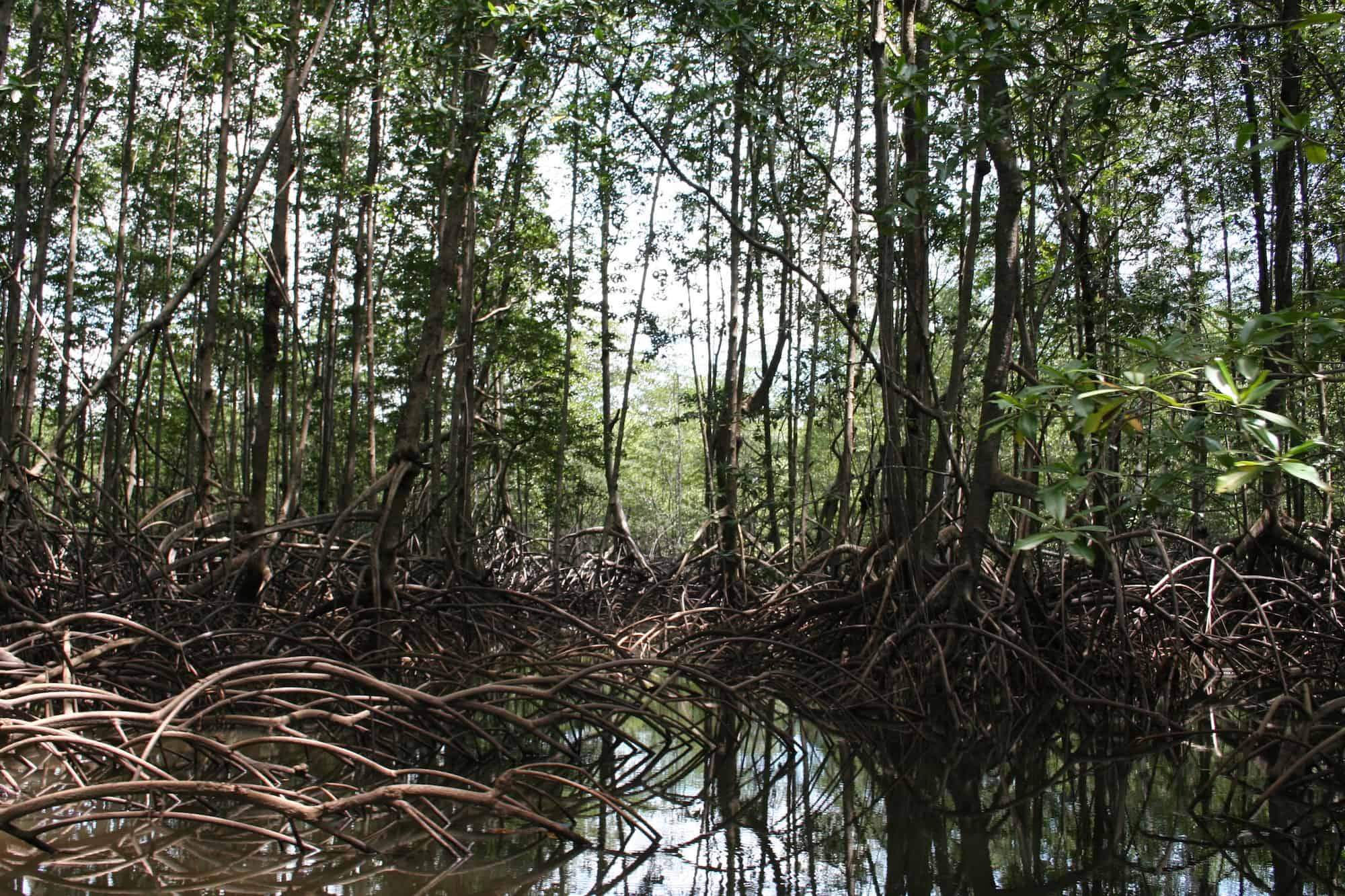By means of a resolution issued Nov. 6, the National Technical Secretariat of the Environment Ministry (SETENA) decided to avoid objections raised by environmentalists and maintains the environmental viability granted to a planting project of almost 500 hectares of pineapple in the area immediately adjacent to the Térraba-Sierpe National Wetlands.
The project, presented by the Corporación Agrícola del Monte SA-Pindeco, will plant 494.4 hectares that could also threaten four important archaeological sites: Finca 6, Batambal, Grijalba and El Silencio, which were declared World Heritage Sites in 2014 by the United Nations Educational, Scientific and Cultural Organization (UNESCO).
In reacting to the news, the Green Block — which represents environmental organizations and activists — stressed that the monoculture would be developed less than 500 meters from the Plaza de Palmar Sur, “which puts the health of the population at risk by the levels of toxic agrochemicals that would be used.”
It also pointed out that the farm in question is “less than five kilometers from the core of the Térraba-Sierpe Wetland” which represents a threat of contamination by agrochemicals. To this regard, the organization recalled UCR studies carried out between 2013 and 2016 that demonstrated in these wetlands the presence of bromacil and ametryn, herbicides used in the production of pineapple and sugarcane.
The study suggested that herbicides had been transported several kilometers into the wetland from nearby communities.
Irreversible impact to the wetlands
The environmental viability for this project was first granted in December 2016 through resolution No. 2331-2016-SETENA. In May 2017, the Costa Rican Federation for the Conservation of the Environment (FECON) appealed the decision. Resolution No. 956-2017-SETENA ordered the stoppage of any land-clearing activity related to the project while environmental requirements were met.
According to the Nov. 6 resolution (No. 3374-2019), these requirements have now been met. The resolution also rejects further FECON on the basis that their timing does not comply with the General Law of Public Administration. Henry Picado, president of FECON, argued that claiming a timing issue is “a strategy [SETENA] used to avoid getting into the bottom line” of the environmental arguments presented.
He said the project will use agrochemicals that are “highly toxic and not allowed for areas where the landslide and runoff would carry waste from the agrochemicals to the Térraba-Sierpe wetland, contaminating it irreversibly.” He also stressed that the pineapple farm threatens an area of archaeological importance due to the presence of pre-Columbian spheres.
“It is an important allegation on which we had also based our nullity request, since this archaeological element had not been taken into account in the environmental impact study,” he said. Thus, Picado said, the recent resolution that revives the pineapple project in an area so fragile and important from an environmental and cultural point of view “leaves us seriously disgusted.”
A version of this story was originally published by Semanario Universidad on November 21, 2019. It was translated and republished with permission by The Tico Times.






